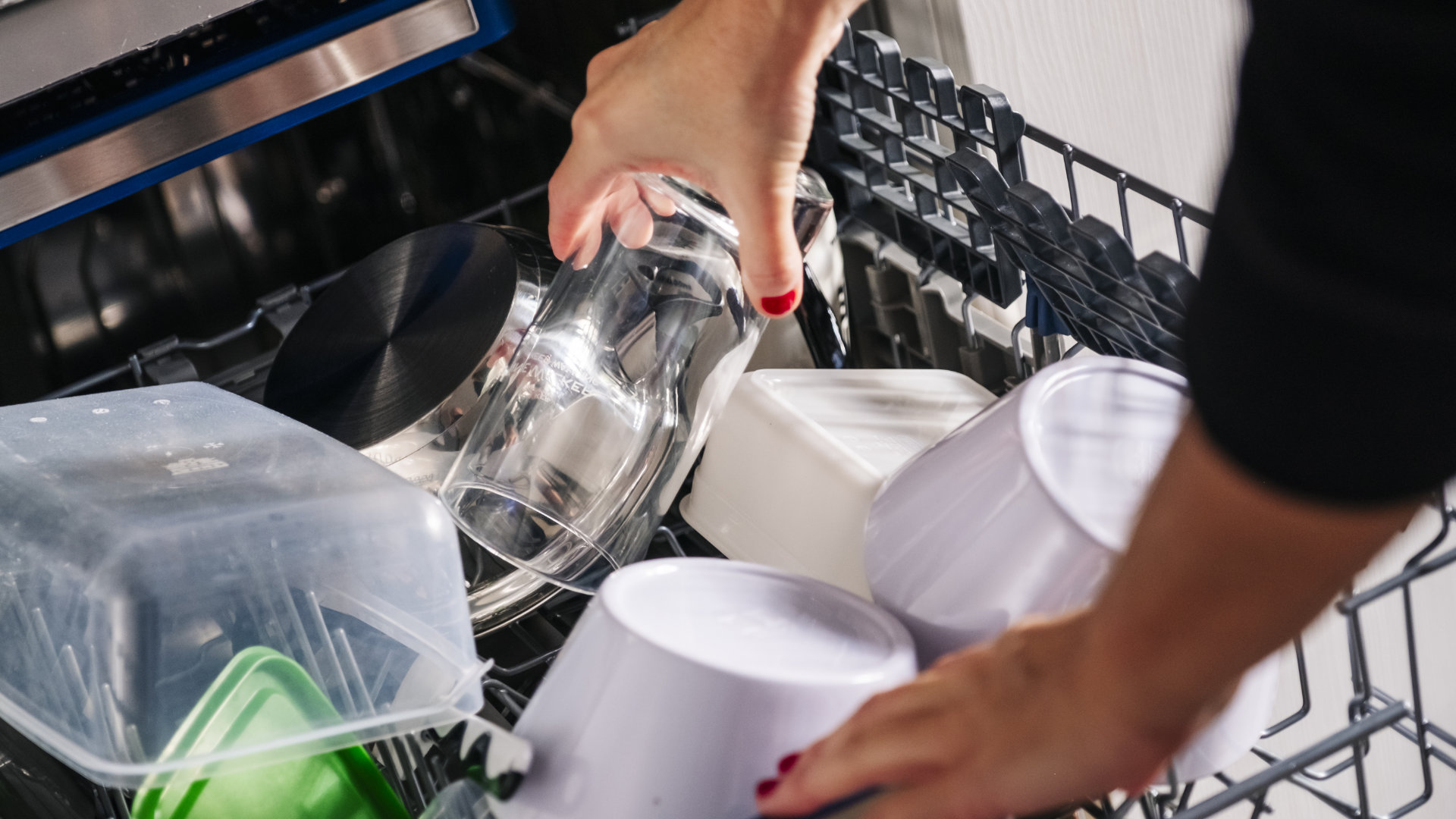
It’s great to have a dishwasher. Anyone who’s ever hand-washed every dish in a house without a dishwasher can attest. Even pre-soaking and the occasional scrub is so much easier than making sure every single dish is eaten upon is cleaned, sanitized, dried, and stacked. But let’s face it, dishwashers could work a little better. This is true of almost any appliance. Any mechanical device can be improved, and good maintenance can sometimes help a device exceed its natural performance arc.
If your dishwasher has become less efficient over time, there are small improvements you can make for a big improvement. Spotty dishes, the residue left unwashed; these things can be fixed. If you understand how a dishwasher works, you can optimize its performance with very few tools and a few cups of vinegar.
1) Level the Feet
The dishwasher is a very level-dependent appliance. It has a drain, and water needs to flow downhill into that drain for the dishwasher to work. So if your dishwasher is on an uneven floor or if the feet are not all set correctly, your dishwasher might be having trouble draining. Water also obeys the laws of gravity when sprayed, and you may notice a lop-sided coverage of clean dishes when the cycle is done.
The solution is to level the feet. Each dishwasher foot is adjustable with a twist. Turn clockwise to retract the feet and counter-clockwise to extend the feet. Test with a bubble-level until the dishwasher is even. Then, the sloping interior of the dishwasher will allow the water to flow as intended.
2) Clear the Drain Catch Regularly
The drain catch is where the water goes. Some dishwashers have a basket, some have a garbage disposal blade. But dishwashers and their drain lines can get clogged. Make sure to clear your drain and check the drain like periodically to make sure they are draining clear every cycle.
3) Occasionally Run Empty with Vinegar
If your home has hard water or even a few chalky minerals in the water, the scale will eventually build up inside your dishwasher. The scale is leftover calcium and magnesium minerals. Scale clogs everything from sprayer nozzles to pores, but it can be dissolved easily with simple white vinegar. This is why soaking your showerhead in vinegar improves its performance.
Place a small bowl of white vinegar upright in the top tray of your dishwasher and splash a little vinegar into the bottom. Then run the dishwasher empty on hot to perform a self-cleaning cycle.
4) Run the Garbage Disposal
Some dishwashers have built-in garbage disposal blades, but most don’t. Instead, they attach to your sink’s garbage disposal and drain to get rid of the water with food and soap that was washed away. However, that whole drain system can clog. If you have a garbage disposal, run it once a day with the cold water running in the sink to clear your entire under-sink drain system of any potential clogs. This will also improve the performance of your dishwasher drain by keeping its drain channels clear as well.
5) Don’t Over-Pack the Racks
Stacking your dishes too close can be temptingly efficient, but a false washing economy. If your dishes are coming out a little less than clean, it might be because they’re packed too close together. Dishes can block each other from the spray and they need space to catch water and wash. So space out your dishes and arrange them at practical angles.
6) Clean Your Sprayer Arms from Time to Time
Sprayer arms are the primary washing power of the dishwasher. You might also have a telescoping sprayer, more common in older models. Your sprayer arms project hot water, soapy water, and rinse water over your dishes to blast away the food grime and leave them clean enough to eat off of again. Your sprayer nozzles are small holes that push out high-pressure water. If those holes get clogged with mineral scale or food particles, your dishwasher decreases ineffectiveness. So take a toothbrush or a nail brush to your sprayer arms and nozzles every now and them. Use a little vinegar and hot water to make sure that the cleaning implements are clean enough to function.
7) Know Where and How the Water Sprays
Load your dishwasher smart. Know how your sprayer arms work and where the water goes. Learn which way to tip the dishes so that most water hits the most dishes. learn how to point the dirty undersides and insides of bowls and cups into the water. Most importantly, learn how to not block the spray from one dish to the next. Understanding the hydrodynamics of your dishwasher can ensure that each time you load, your dishes come out maximally clean.
8) Use Rise-Aid or Vinegar
Rinse aid is a product that helps to keep the “white spots” off your dishes. Those white spots are the mineral scale we discussed earlier. While rinse aid can be pretty expensive to buy in small bottles, white vinegar is very inexpensive to buy in quarts and gallons. So if you’re trying to get your dishes perfectly clean, try vinegar or augment your rinse aid with vinegar for best results.
9) Scrub the Inside of Your Dishwasher Monthly
Your dishwasher is a cleaning implement that sometimes needs cleaning, itself. About once every month, give your dishwasher a quick scrub-down with hot water and vinegar. Scrub the inner walls, the drain cover, the racks, and the inside of the door. Scrub the soap scum off the soap dispenser and scrub your sprayer arms if you haven’t already. This removes both scale build-up and old food grime and debris on a regular basis to give your dishes a clean place to get clean.
10) Selection of Wash Cycle Settings
Finally, remember to choose your wash cycle settings carefully. Try different settings based on your needs and see if another cycle works better for you. Pans might need a heavier cycle while dishes and water glasses need just a light soapy wash. The more you fine-tune your dishwasher settings, the more efficient your dishwasher can be for your purposes.
Optimizing your dishwasher and minor tune-ups can be very beneficial to do solo. However, if your dishwasher is having performance issues that these tips don’t help with, contact us today for professional home appliance repairs.
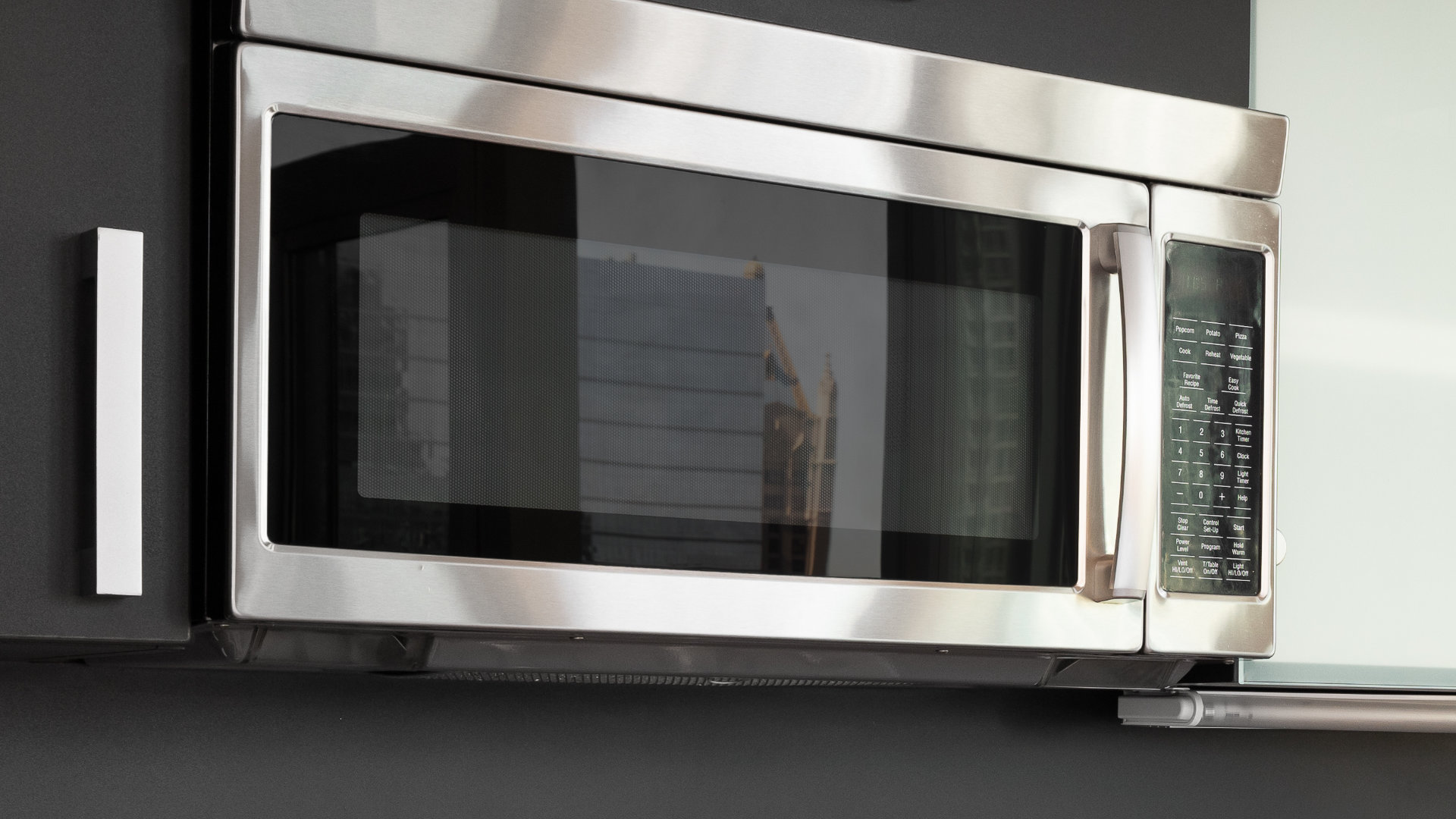
Your Guide to Whirlpool Microwave Replacement Parts
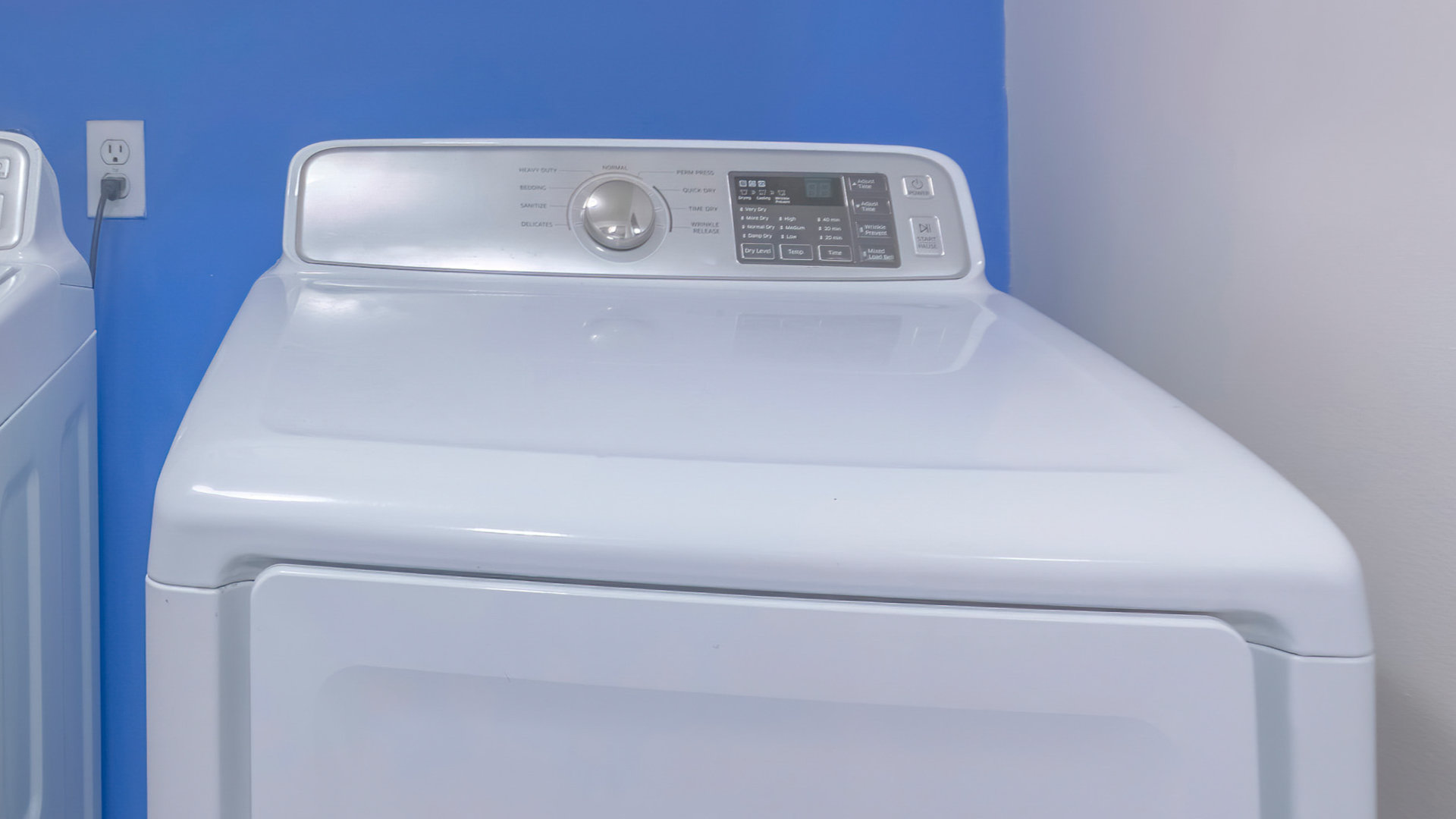
What to Do When Your Kenmore Dryer Won’t Start
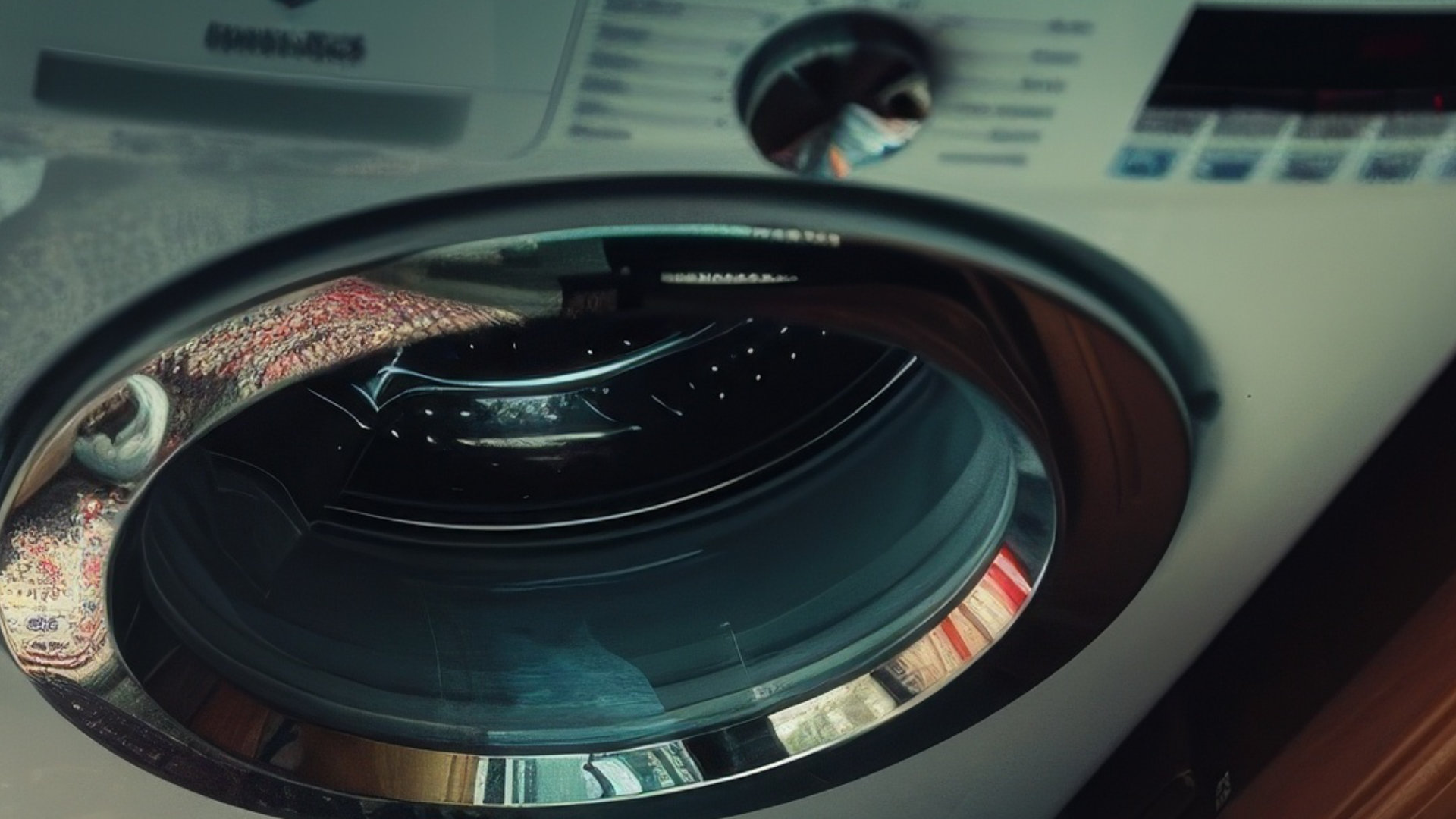
How to Resolve the LG Washer LE Error Code
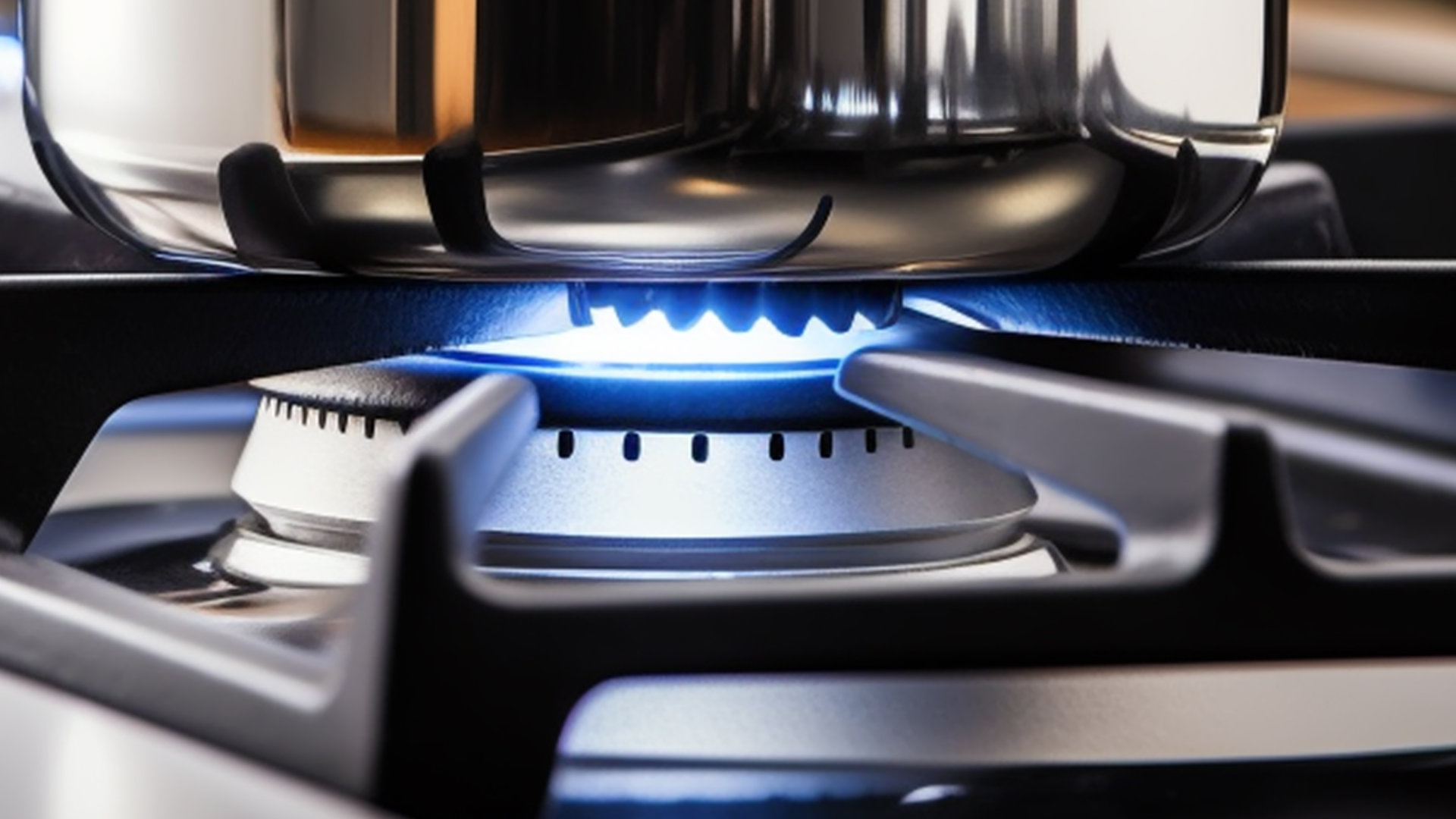
Why Does My Oven Smell Like Gas? Causes and What to Do
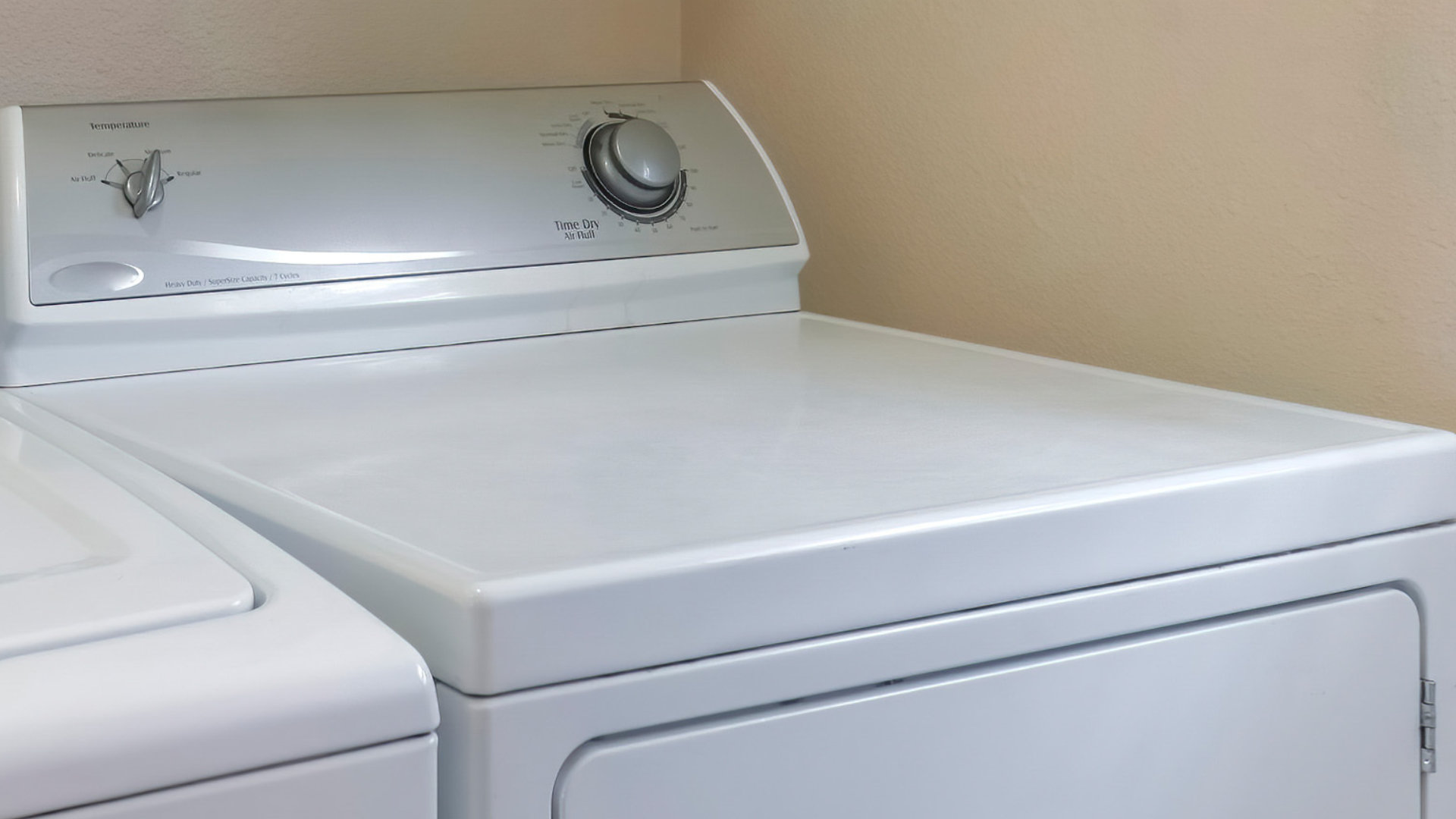
Maytag Dryer Not Heating? Here’s How to Fix It
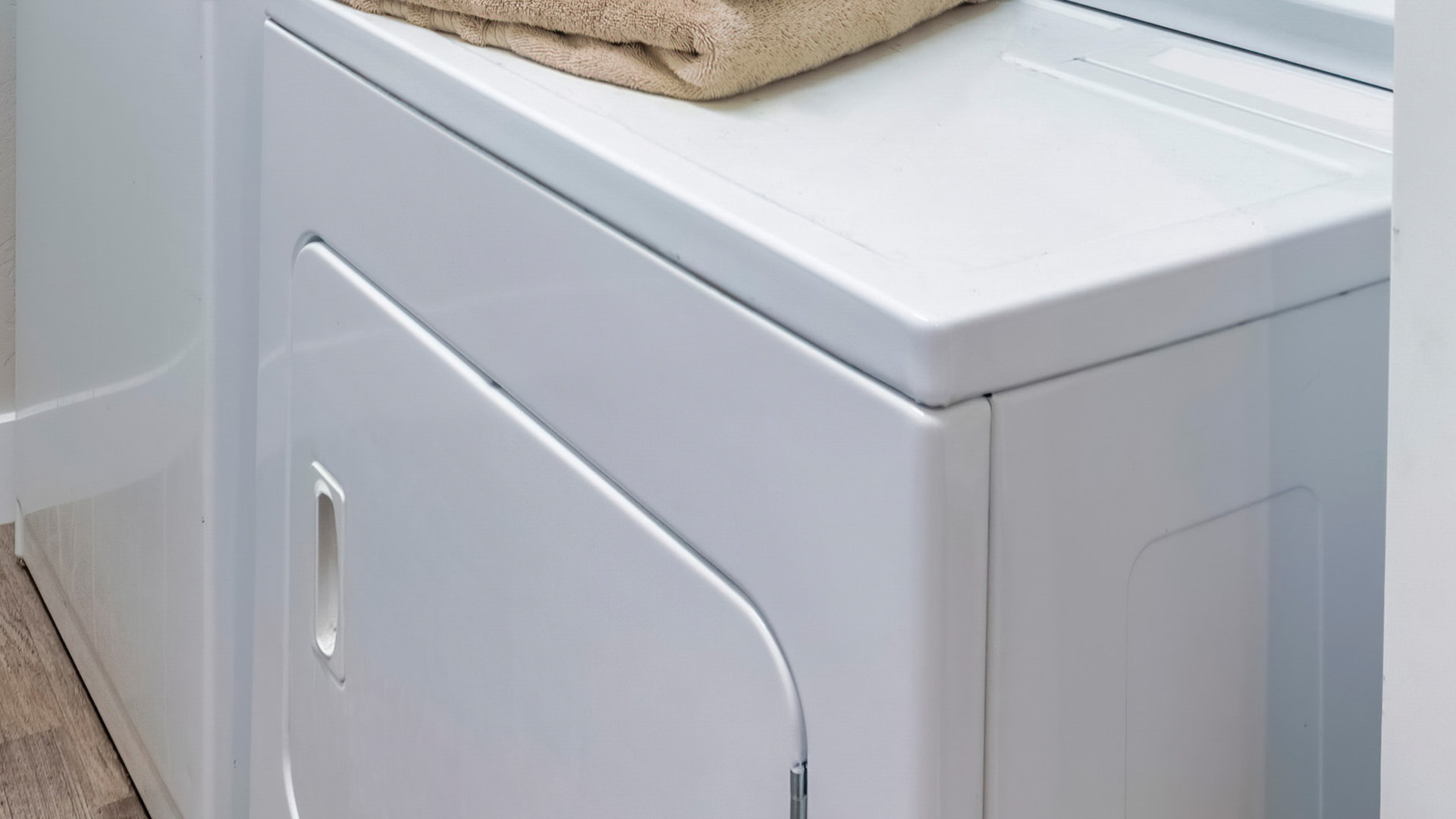
6 Common Reasons Your Speed Queen Dryer Isn’t Heating
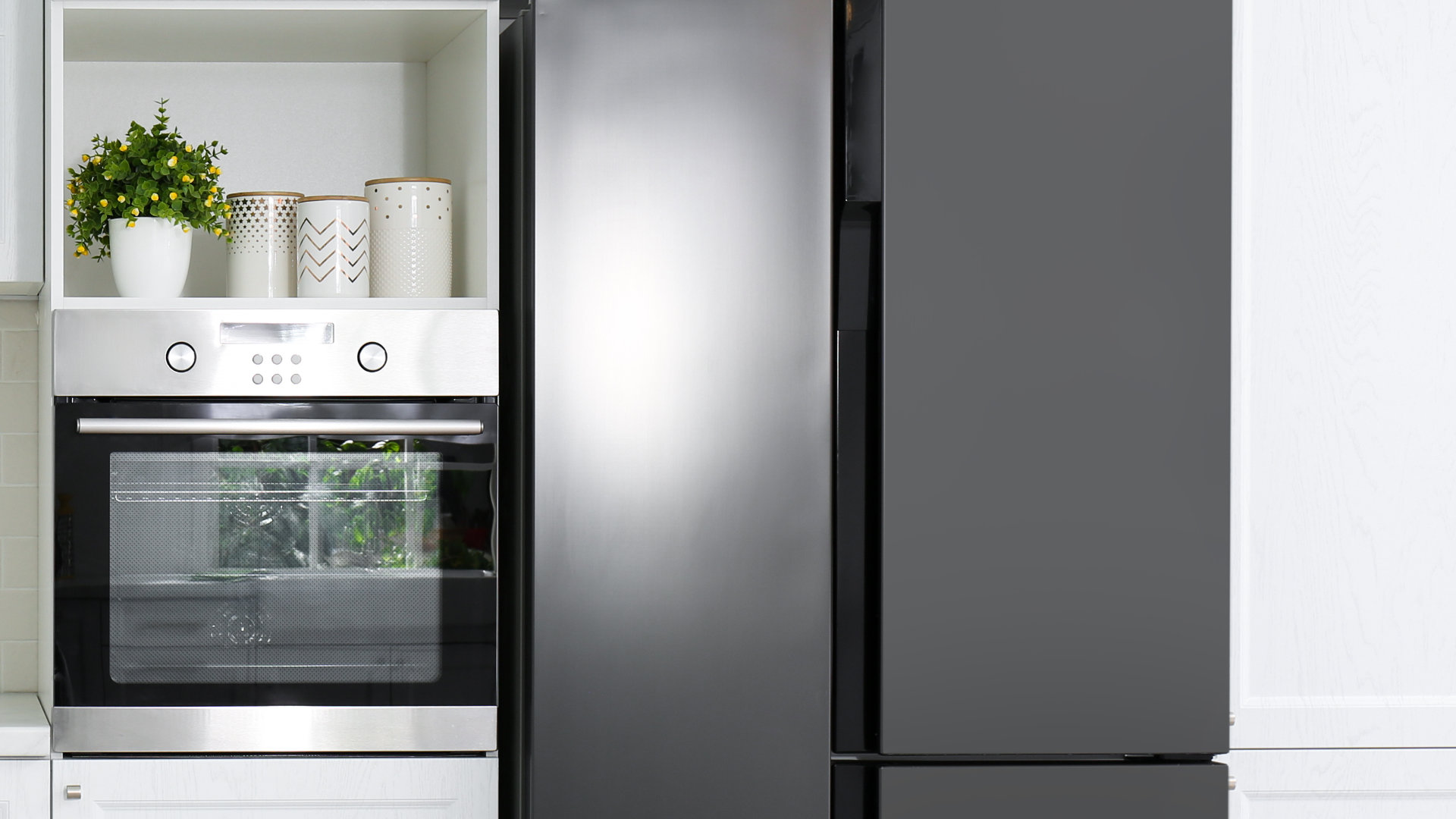
8 Reasons Your Samsung Refrigerator Is Not Cooling
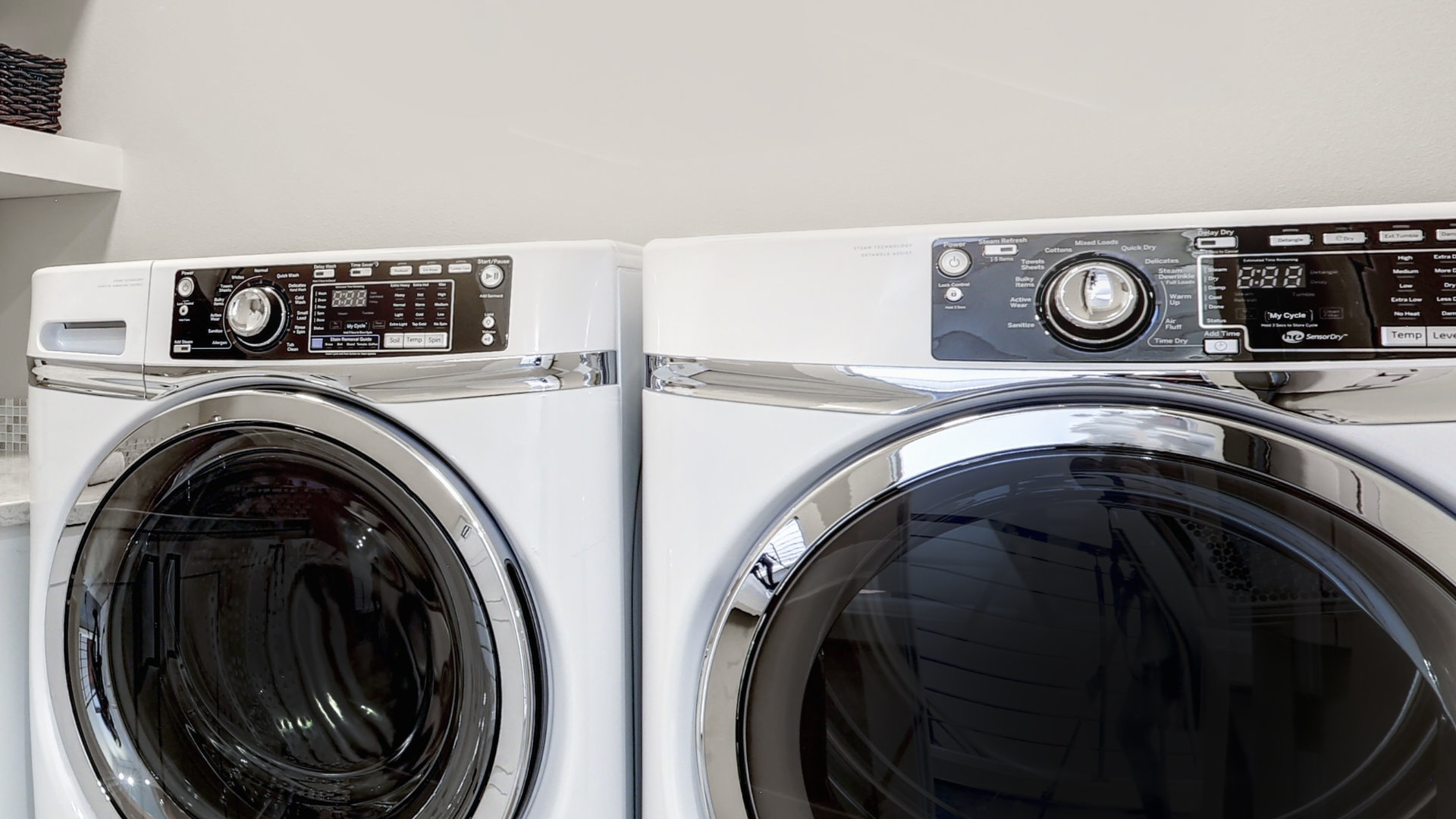
9 Most Reliable Washer and Dryer Brands

How to Get Ink out of Your Dryer the Easy Way

Why Is My Fridge Making Noise That Stops When the Door Is Open?
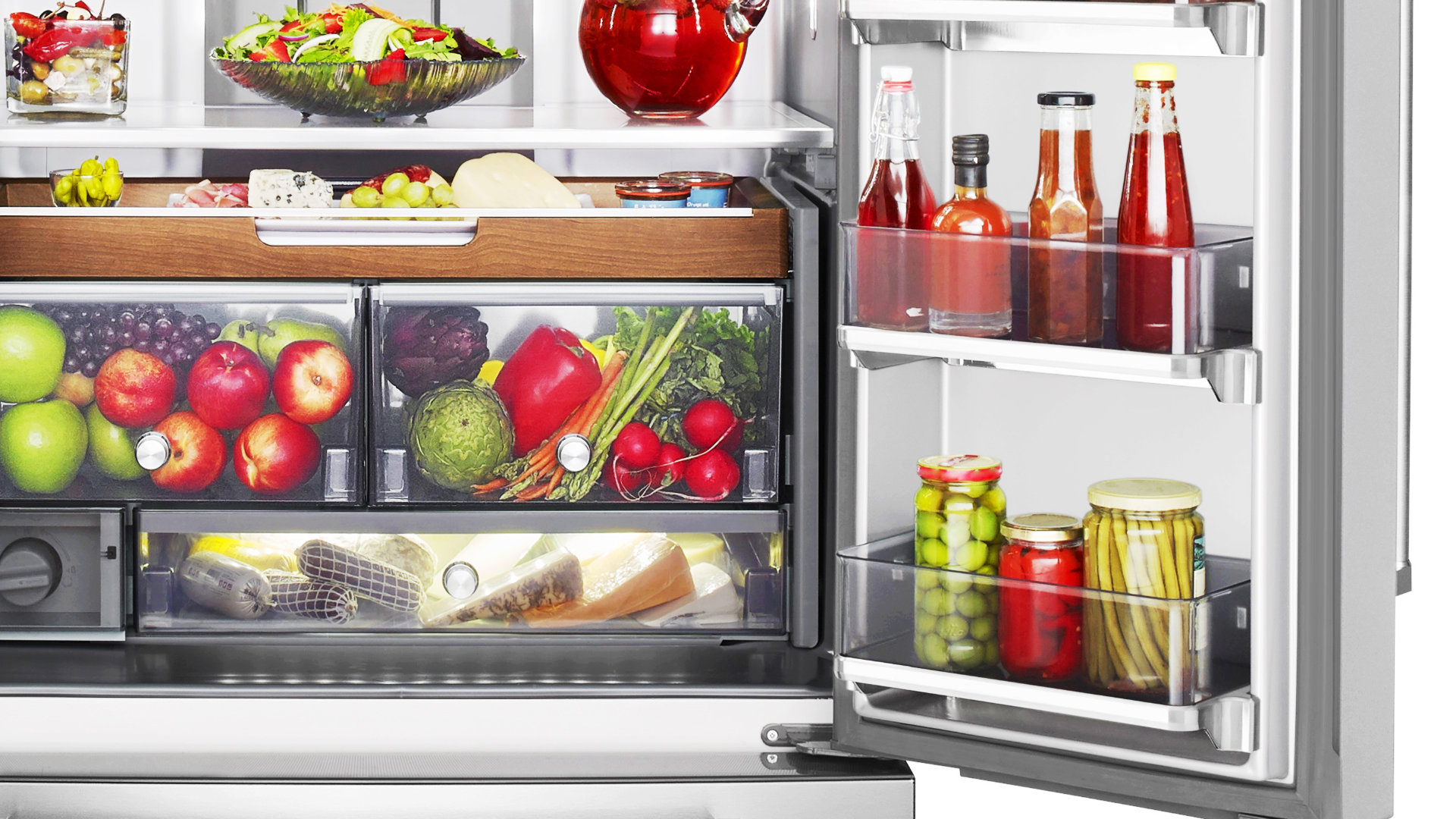
Frigidaire Refrigerator Error Code H1: Causes & Solutions
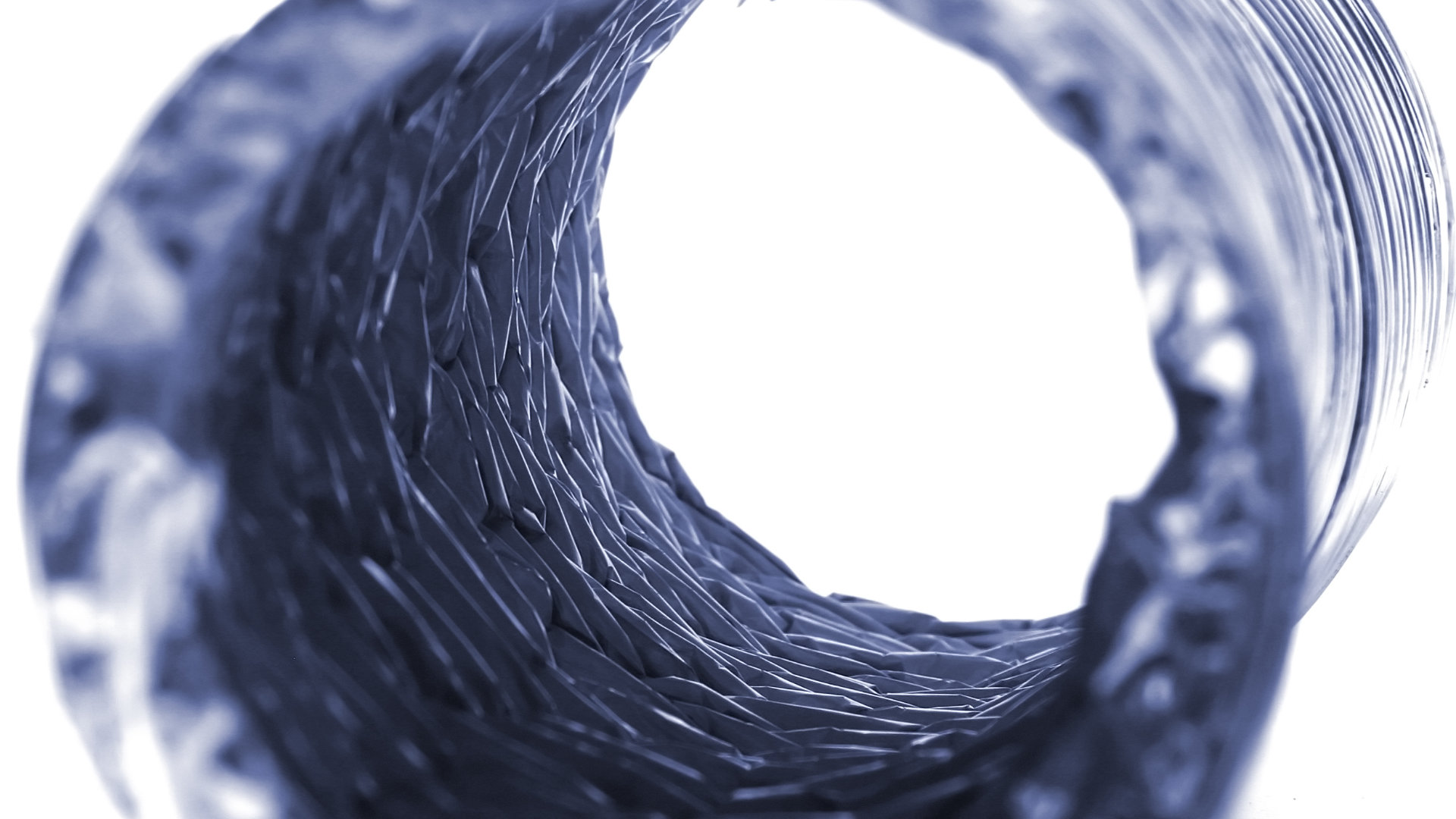
How to Clean a Dryer Vent Without Moving the Dryer
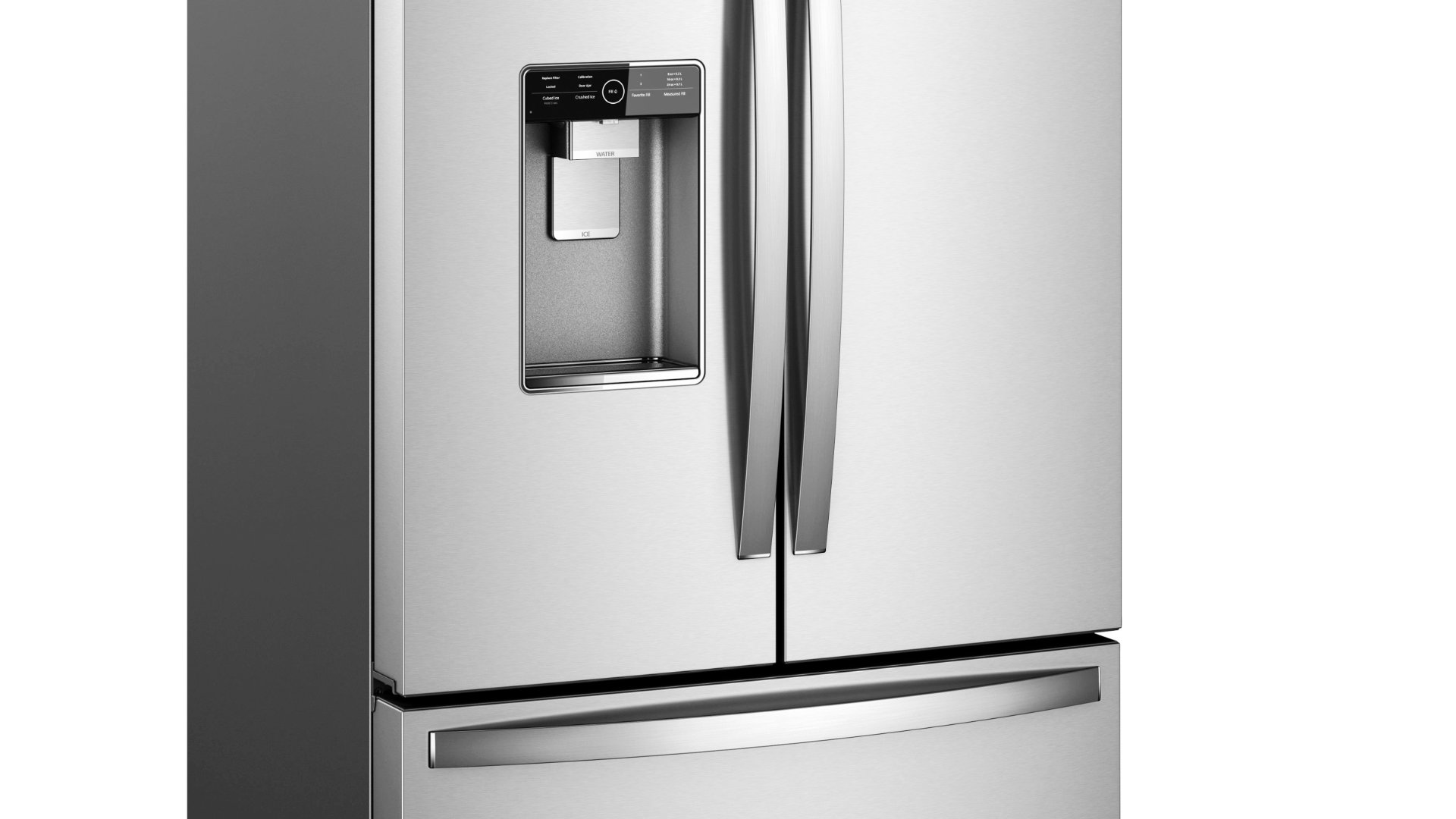
9 Reasons Your LG Refrigerator Isn’t Cooling
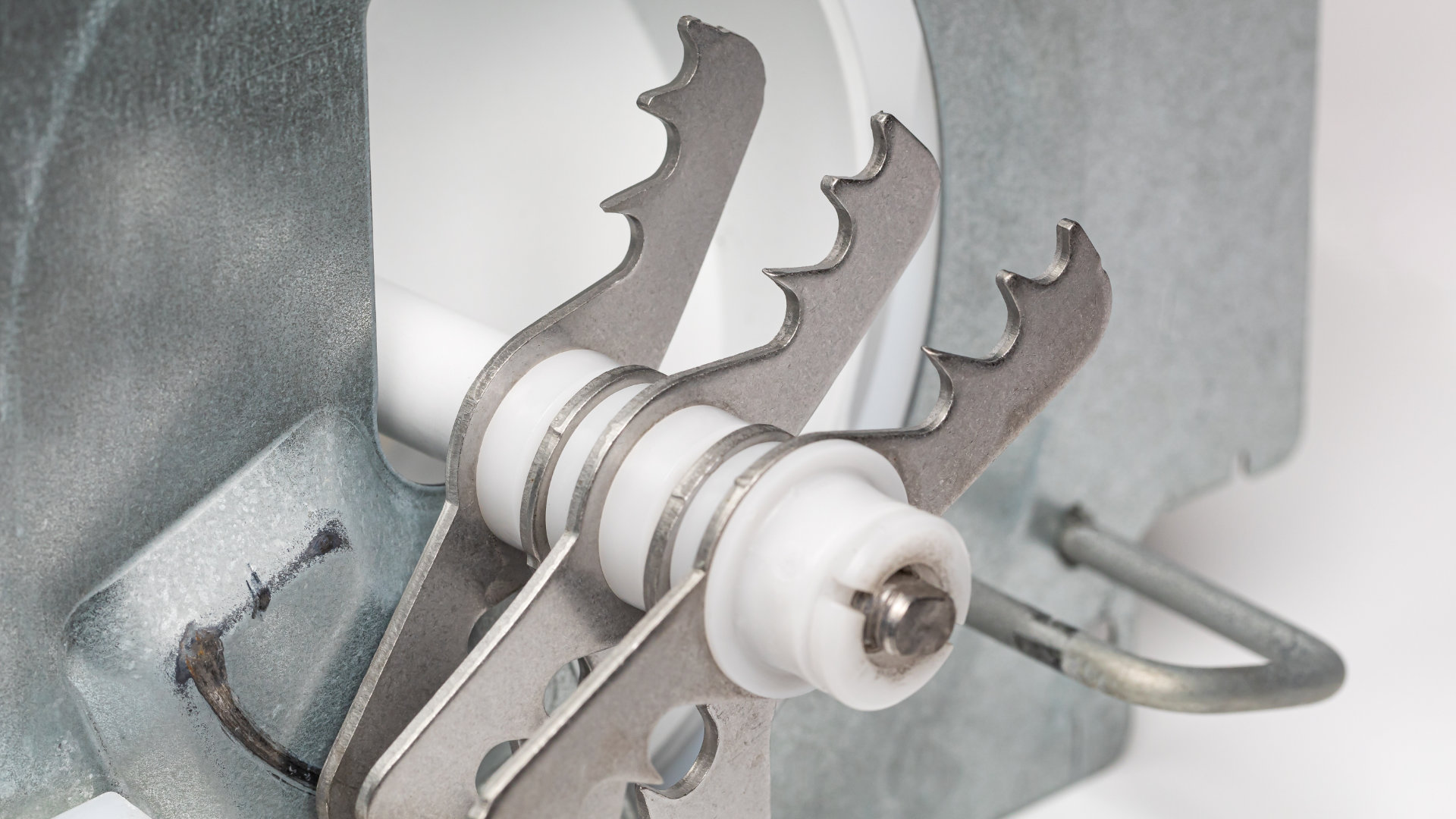
LG Refrigerator Not Making Ice? Here’s What To Do!


